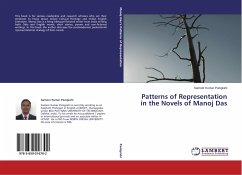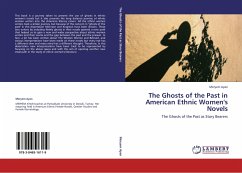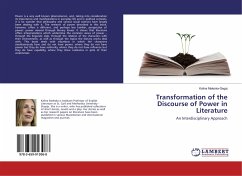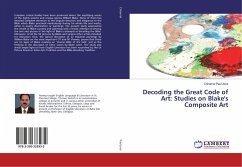The last decades have seen a shift in racial thought in the U.S. The discourses vary from the statement that the U.S. has moved beyond race to the post-racial neoliberalist discourse in which 'essential' identities are fragments of the social past and its continuance has the function of renewing race and racism. As these discourses gain ground in the U.S. society, the issue of fighting racism becomes more slippery. This book seeks to analyze the meanings attached to the rebirth of novels that deal with the concept of passing for white from the 80's on and its relation with the fragmentation of the color line. More specifically, it sought to unveil the forms through which the novels No Telephone to Heaven, Caucasia, and The Girl Who Fell from the Sky responded to the discourses of racial liberalism and Critical Realism. Drawing upon Santiago's concept of in-betweenness and Butler's concept of performativity, this study acknowledges the novels chosen as rich sources of insight about the changing racial thought in the U.S.








